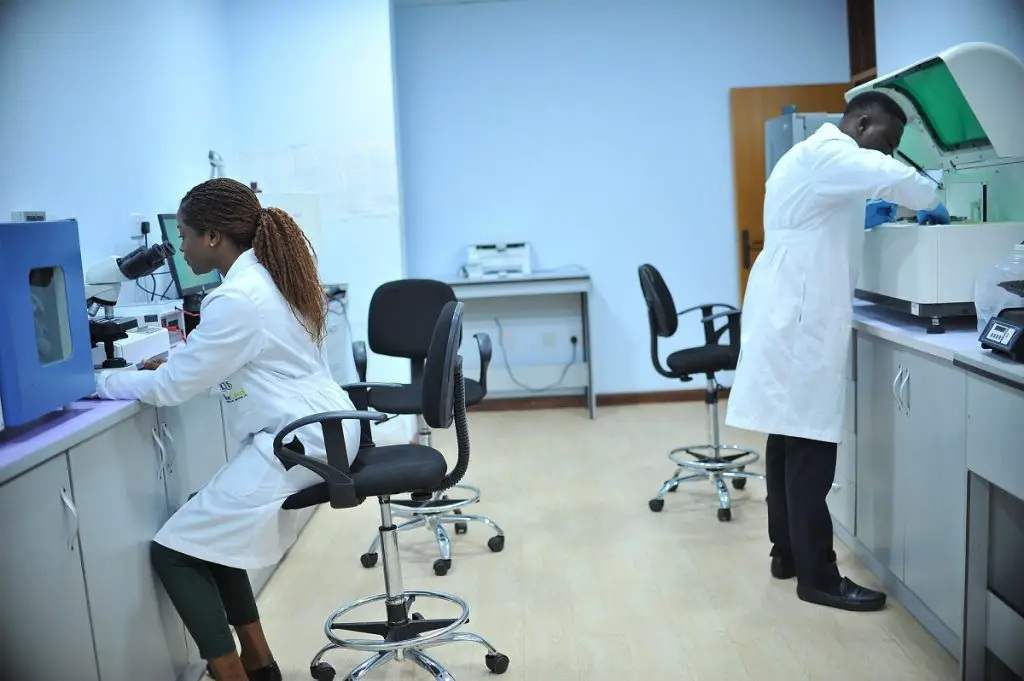A nursing degree is the initial stage to joining the profession for any aspiring nurse. The time to finish nursing school is determined by the degree or certificate you are pursuing and your commitment to finishing your education on time.
Nursing school teaches you all of the necessary abilities to execute the tasks of a nurse, including both classroom and clinical instruction. But how long does it take to get there?
Several factors affect the answer to that question, including:
- The type of nurse you want to be
- Your plan for earning a degree
- Whether you want to study full-time or part-time
- If you are going to take classes in person or online
- If you are interested in some hands-on experience before assuming more responsibility
There are many nursing degrees available, but each prepares you uniquely to care for patients. You will learn about the different types of nursing degrees and how long it will take you to complete each of them in this article.
How Long it Takes to Go Through Nursing School?
Depending on the degree you choose, becoming a nurse can take two to four years. The typical path to becoming a registered nurse is through an Associate Degree in Nursing (ADN), which takes around two years to finish.
Breakdown by nursing study program
You’ll learn about the several educational paths that can lead to a career as a nurse, as well as the time commitment required for each path.
These are just broad guidelines based on the assumption that you would be a full-time nursing student. If you enroll in part-time programs, it will take you longer to finish nursing school than if you enroll full-time.
Types of Nurse Degrees
Nursing Diploma or Certificate
Hospitals or technical and community colleges are the most common places to find nursing diploma and certificate programs. Nursing diploma programs provide a curriculum that focuses on nursing fields of study rather than general education topics. One advantage of a nursing diploma of a nursing degree is that more time is spent in the clinical setting rather than in the classroom.
A nursing diploma program will prepare you to take the NCLEX-PN exam and become a licensed practical nurse (LPN) or a licensed vocational nurse (LVN) (LVN). Nursing diplomas are becoming less popular as nursing becomes more demanding and sophisticated.
Another disadvantage is that nursing diploma programs might take just as long as ADN programs, but you only get a certificate instead of a degree. This can take one to three years to finish.
Associate Degree in Nursing (ADN)
The Associate Degree in Nursing (ADN) is a two-year program that prepares students for the National Council Licensure Examination for Registered Nurses (NCLEX-RN). Coursework incorporates both classroom learning and practical practice in a clinical setting, and it focuses on nursing-specific topics and general education courses.
Employers prefer applicants with an ADN over a nursing diploma since they consider the education to be more rigorous and in-depth.
An ADN is a solid first step toward a nursing career, and many people use it as a stepping stone to a higher degree. Another typical option is to get an ADN and then use their employer’s tuition reimbursement programs to pay for a higher degree.
Bachelor of Science of Nursing (BSN)
The Bachelor of Science in Nursing (BSN) is the standard for nursing education. A BSN degree program is considered more extensive and in-depth than an ADN or nursing diploma. Advanced nursing subjects such as leadership, nursing informatics, research, community, and public health are included in BSN programs.
Students with a BSN degree have more employment options, higher starting salaries, and greater opportunities for promotion. A BSN program takes four years to complete.
Master of Science in Nursing (MSN)
The Master of Science in Nursing (MSN) is one of the highest degrees of nursing education, allowing RNs to move to advanced practice registered nurses (APRNs). A master’s degree in nursing allows you to become a Nurse Practitioner and pursue management, administrative, and managerial positions in nursing. After getting a BSN, it takes two years to complete an MSN program.
Nursing Bridge Programs
There are a variety of nursing “bridge” programs that have helped nurses who are working in the profession to progress their careers by acquiring additional education, besides the traditional nursing school degree path. These programs provide an expedited route to earning a nursing degree. Below is a list of bridge programs, as well as the average time to finish them.
LPN to RN
LPN-to-RN bridge programs prepare LPNs for the NCLEX-RN exam, which is required to become a professional nurse. The purpose of these programs is to “bridge” the gap between the two professional levels by delivering the courses required to get the desired nursing degree, as well as exam preparation. This can take anywhere from one to four years to finish.
RN to BSN
The RN-to-BSN bridge program is for registered nurses who want to advance their careers by earning a bachelor’s degree. These programs consider ADNs’ prior expertise, allowing them to complete the program in as little as a year.
Tuition reimbursement programs are occasionally available through hospitals. Thus these bridge programs might be an appealing option for students who would prefer to work as an ADN nurse before enrolling in a BSN program.
BSN to MSN
BSN to MSN bridge programs are designed for BSN nurses who want to further their careers by earning a master’s degree in nursing. Evidence-based practice, patient care, and advanced health assessment are all part of the program. Graduates of the program will have completed the educational requirements for becoming nurse practitioners. It takes a year to complete this program.
Frequently Asked Questions
What is the time it takes to become a registered nurse after high school?
An ADN degree will take you an average of two years to complete, after which you are eligible to sit for the NCLEX-RN exam.
If you already have a bachelor’s degree, how long will it take you to become a nurse?
If you already hold a bachelor’s degree in a field unrelated to nursing, you have two options: an ADN degree or a BSN degree.
If you pursue a second degree program, you will be able to earn a BSN within 1.5 to 2 years if you earn an ADN. The BSN degree presents numerous advantages over the ADN degree, so a bachelor’s degree holder could earn a four-year nursing degree in less than two years.
What is the process for becoming an RN after becoming an LPN?
ADN or BSN degrees are possible depending on your goals. RNs can earn both degrees quickly by enrolling in bridge programs. If you are already an LPN, the fastest and most common way to become an RN is to take a bridge program from LPN to ADN. ADN degrees can be earned in as little as a year, allowing you to take the NCLEX-RN afterward.
What is the average length of an RN to BSN program?
The BSN can be earned in one year by full-time RNs enrolled in RN to BSN programs.
Conclusion
Nursing education, like anything important, is a long-term commitment that takes sacrifice and devotion to complete. Nursing school is a substantial investment for most people since it leads to a rewarding profession in an intriguing profession with a promising job outlook.
To become a certified RN, all aspiring nurses must pass the NCLEX-RN exam, regardless of their educational background. The sooner you study for the exam, the better, as it is difficult to pass.
Written by Sara Rembert
Sara has a background in health care and case management, working for several years as a home help aid. Having always loved writing, but unsure of how to put her expertise to use, she brought together these two passions by becoming a freelance writer, specializing in medical and nursing writing.








